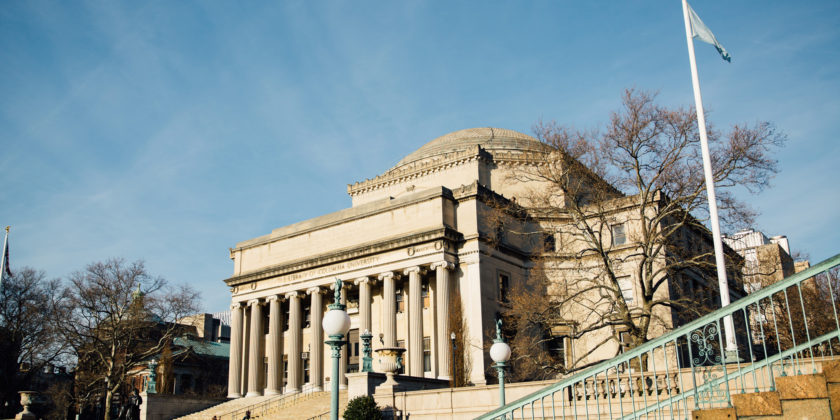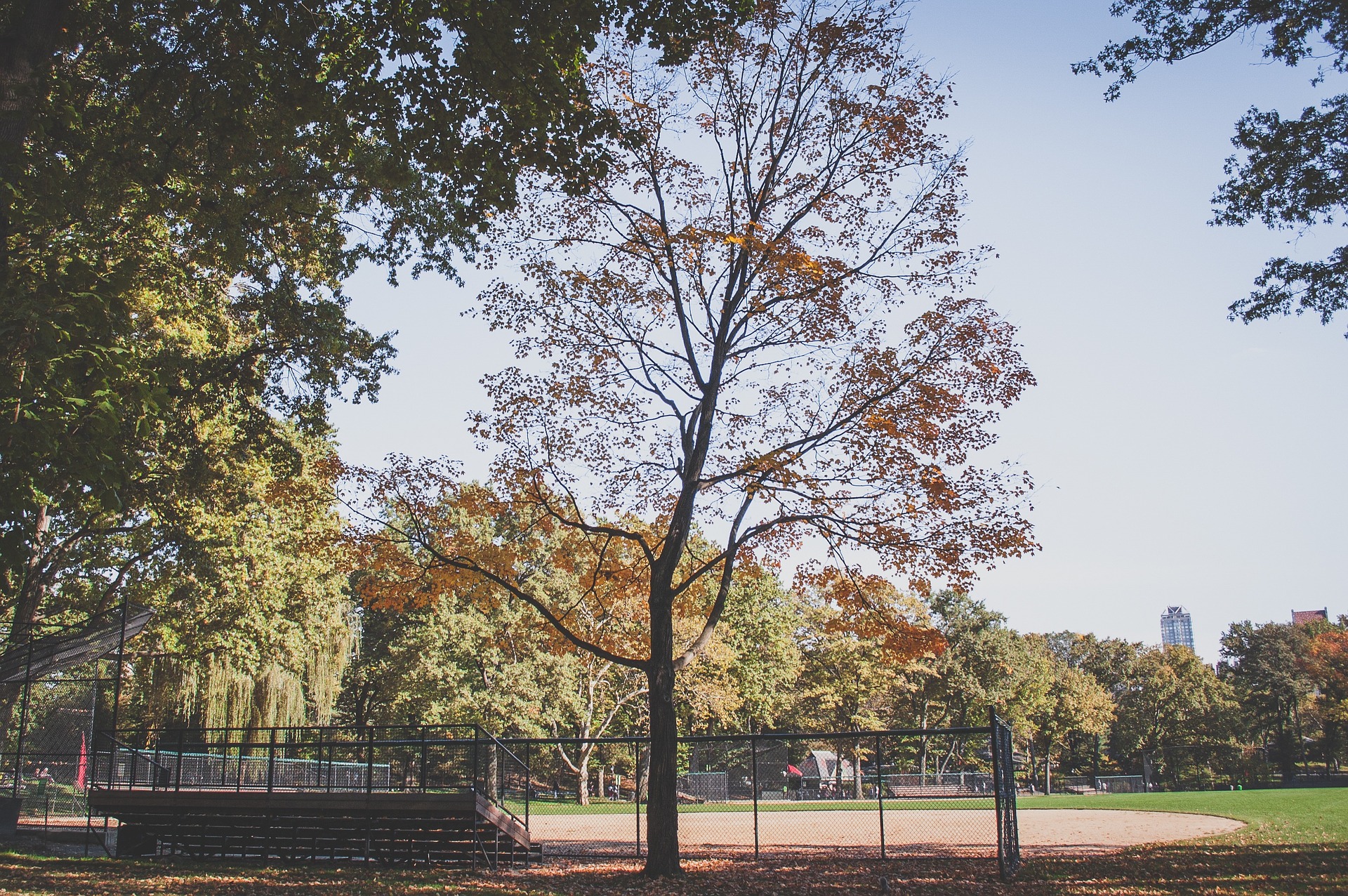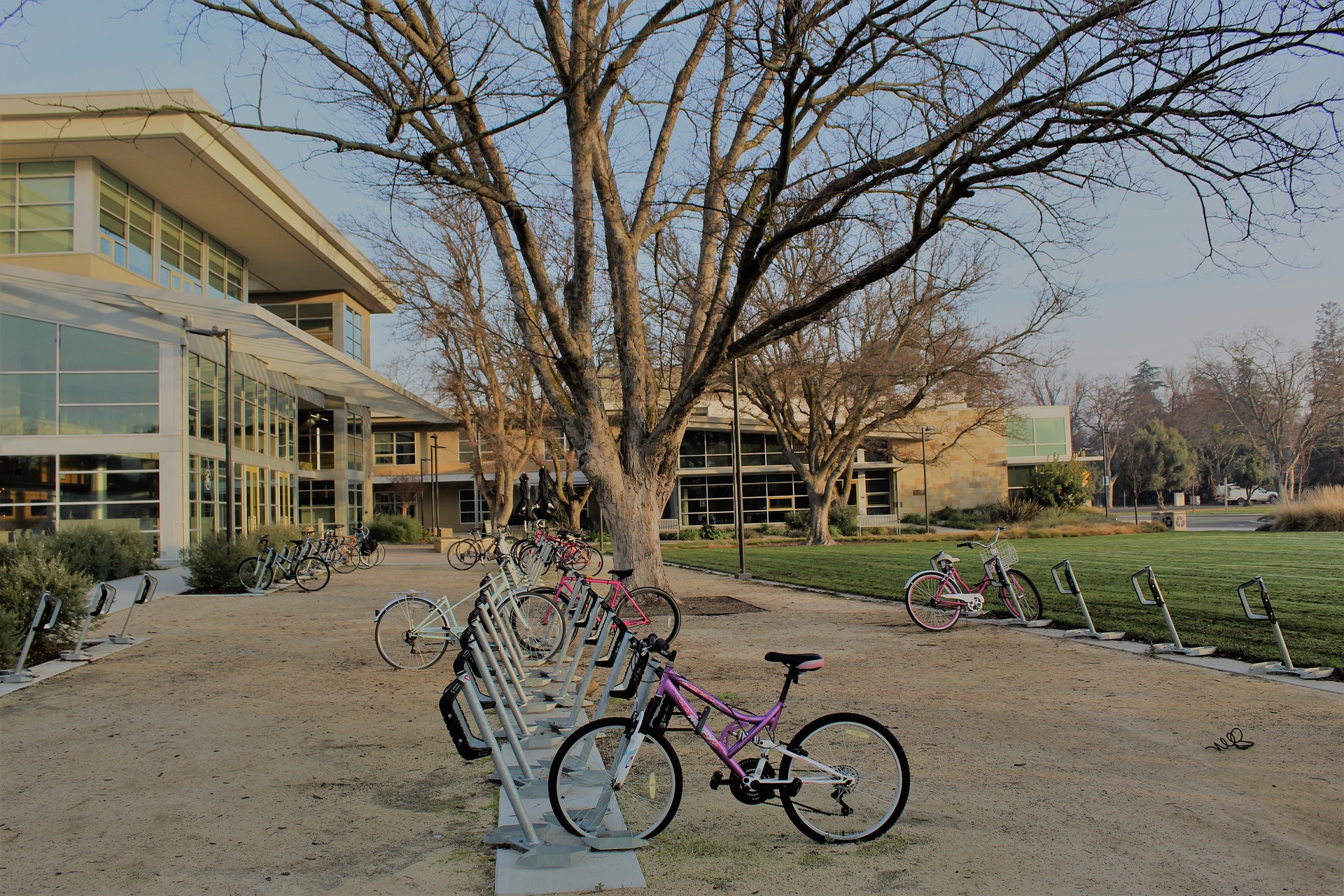HOME: Hopkins Online Multicultural Experience
When Johns Hopkins was founded as the nation’s first research university, we were charged with a bold mission: Create new knowledge for the world. We believe that bringing together a community of people from diverse backgrounds and lived experiences is fundamental in our pursuit.
The goal of HOME is to connect African American, Black, Latinx, Hispanic, Native American, Pacific Islander, and multiracial high school seniors to the people, organizations, and resources that unite our multicultural community.
To support safety and public health during the COVID-19 pandemic, we are hosting our annual HOME (Hopkins Online Multicultural Experience) program virtually.
HOME Application
This application is required to be considered for the virtual HOME and HOME + Impact Program and all applicants must be rising seniors. To apply, please fill out the application below. Please indicate if you are applying for HOME or HOME + Impact based on your schedule and personal preferences.
Applicants must upload their high school transcript at the bottom of this form in order for their application to be considered complete.
The deadline to apply is September 21. However, applications are reviewed on a rolling basis throughout the summer and early fall, so we encourage students to apply as soon as possible. If you have any questions, please email home.program@jhu.edu.
Space is limited for the program, and acceptance or non-acceptance into HOME or HOME + Impact is not an indicator of admissibility to Johns Hopkins University. Your application to Johns Hopkins University will not be negatively impacted in the event that you were unable to attend either HOME program.








